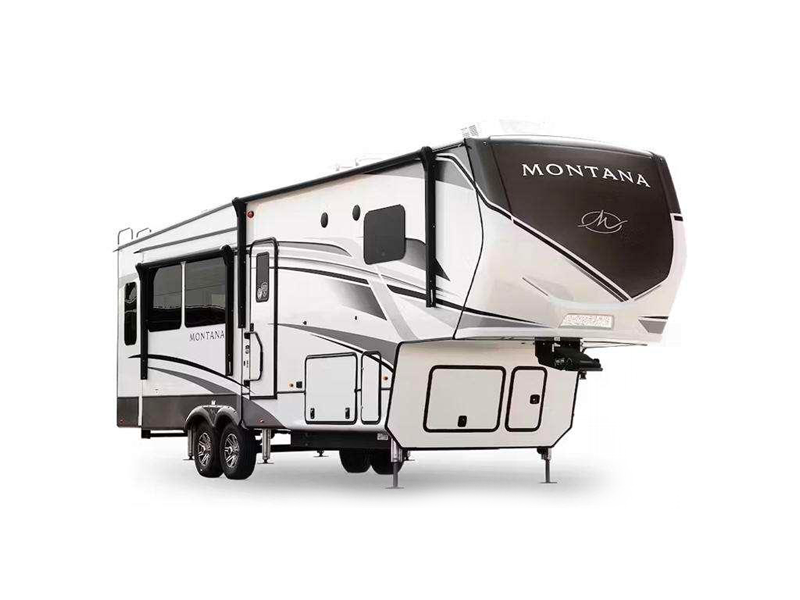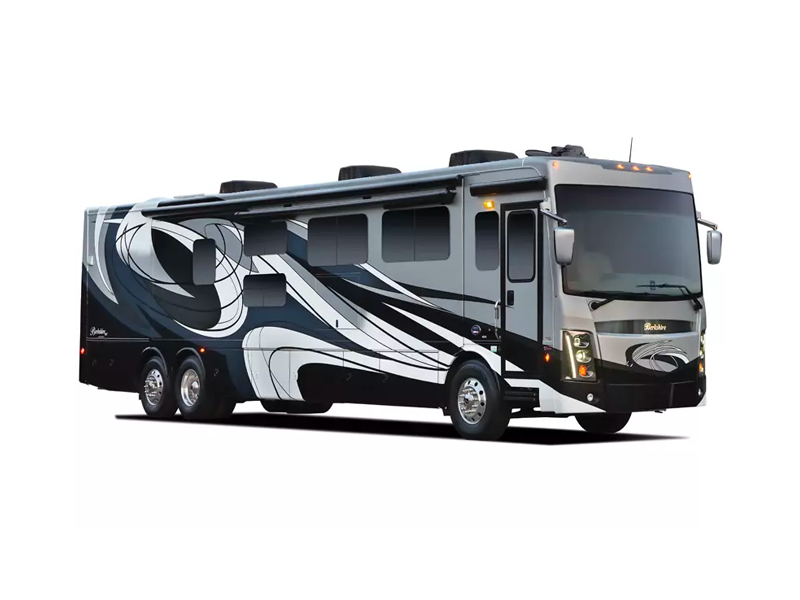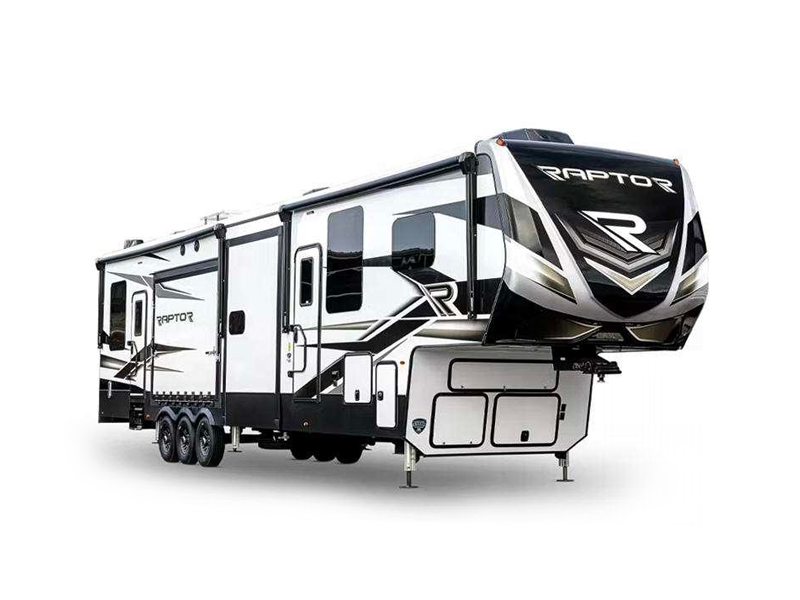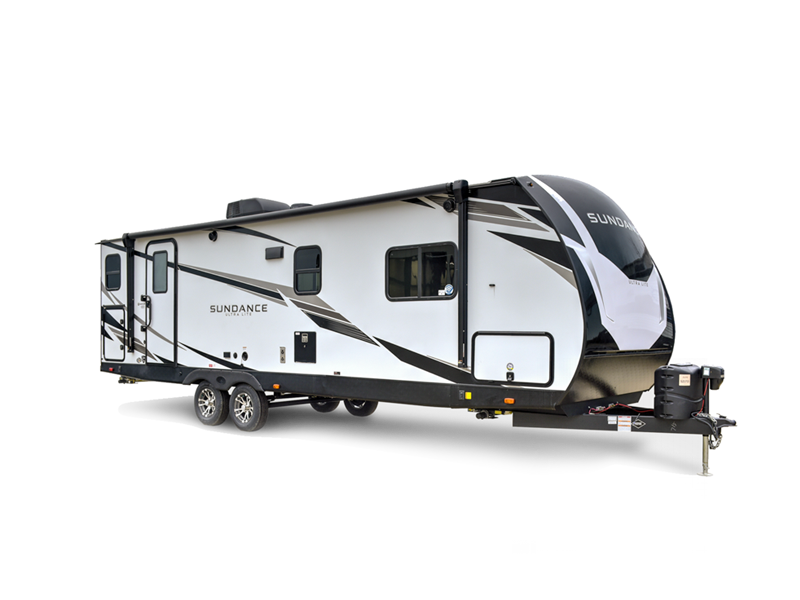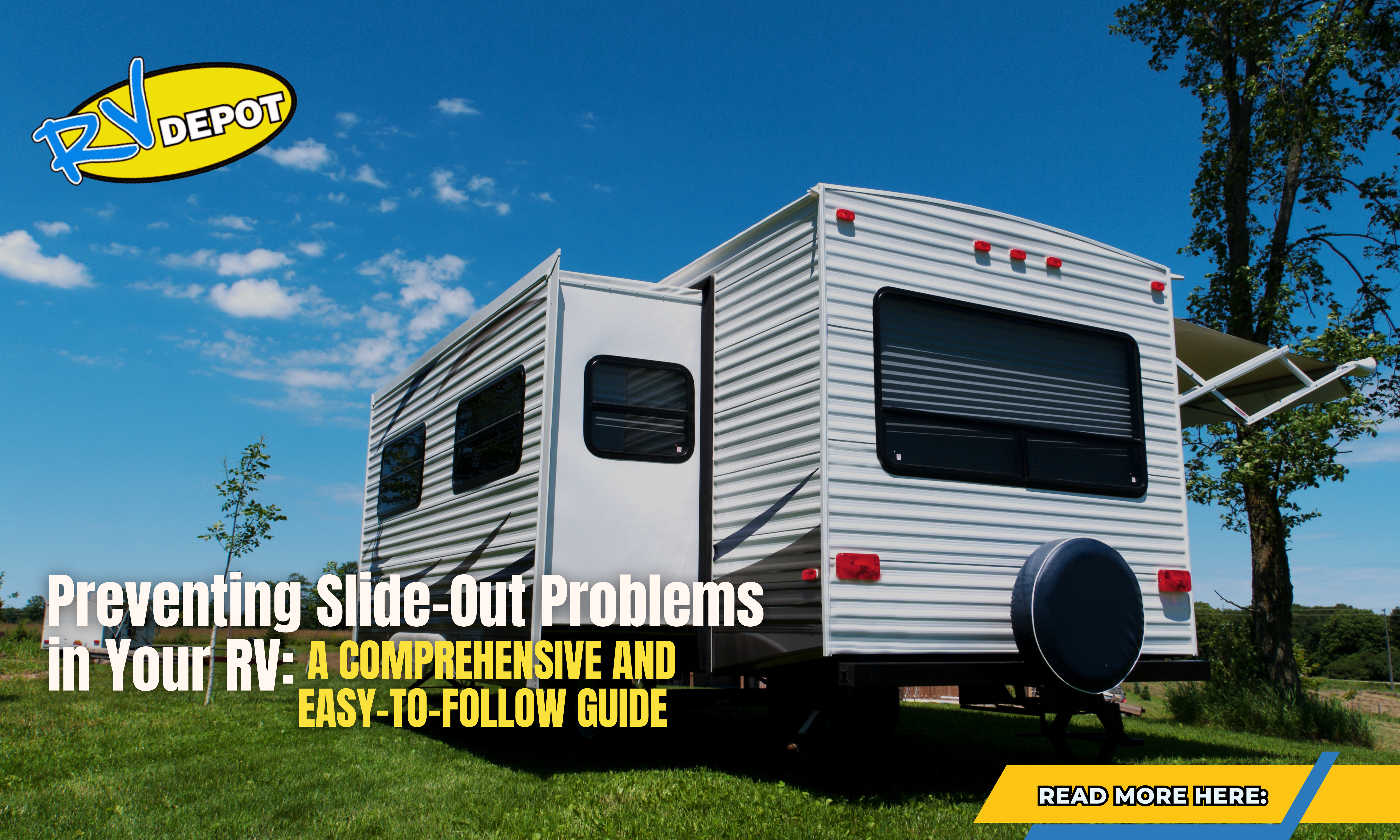Extreme weather conditions can pose significant challenges for RV travelers, but with the right planning and preparation, you can navigate these tough conditions safely. Whether you’re driving through heavy rain, snowstorms, or facing high winds, understanding how to protect your RV and stay safe is essential. By taking proactive steps, you can enjoy a stress-free and secure RV experience, no matter what the weather throws your way. In this guide, we’ll explore key strategies and expert tips for navigating extreme weather while RVing—ensuring your adventure continues safely and smoothly.
1. Monitor Weather Conditions Regularly for Safe RV Travel
Staying informed about weather conditions is crucial for RVers to stay safe on the road. Utilize reliable weather apps, websites, or even an emergency weather radio to track real-time weather forecasts and alerts for your route and destination. Regularly monitoring weather updates will help you avoid severe conditions like thunderstorms, snowstorms, or flash floods, and make it easier to adjust your travel plans or routes accordingly. Proactive weather monitoring ensures that you can make timely decisions to protect your RV and travel safely.
2. Plan Your RV Route Wisely to Avoid Extreme Weather Hazards
Certain regions, such as tornado alleys, hurricane-prone zones, and areas with heavy snow or freezing rain, are more susceptible to extreme weather events that can disrupt your RV journey. When planning your RV route, research weather risks specific to the areas you’ll be traveling through. Avoid these hazardous regions when possible by considering alternative routes. If passing through risky areas is unavoidable, make sure to have contingency plans and alternative routes prepared in case weather conditions worsen. Being proactive with route planning helps ensure your safety and minimizes the impact of extreme weather on your travels.
3. Prepare Your RV for Extreme Weather Conditions
Proper preparation is essential to keep your RV safe during extreme weather conditions. Equip your RV with crucial tools and supplies to handle any unexpected challenges, including:
-
An emergency weather radio to receive real-time weather alerts
-
A portable generator for backup power in case of outages
-
Extra blankets and cold-weather gear to stay warm during chilly nights
-
A well-stocked first-aid kit for any emergencies
Before hitting the road, ensure your RV’s heating and cooling systems are functioning properly. Testing these systems before departure helps prevent any discomfort or issues, especially in extreme temperatures. Properly preparing your RV ensures a safer, more comfortable trip, regardless of the weather. Got questions? Our PARTS department is here to help!
4. Secure Your RV During Extreme Weather Events
Securing your RV is crucial when facing extreme weather such as high winds, heavy rain, or snowstorms. To reduce the risk of damage, always park in a safe and sheltered location, away from large trees or loose debris that could fall or blow into your RV. If strong winds are expected, retract your awning and store slide-outs to prevent tearing or mechanical issues. Inside the RV, secure loose items like cookware, electronics, and décor to avoid them shifting or becoming hazardous during sudden movements or gusts. Properly securing your RV not only protects your vehicle but also ensures the safety of everyone inside during severe weather conditions.
5. Stay Informed and Follow Local Weather Advisories
When RVing in areas prone to extreme weather, staying updated with real-time alerts and local advisories is essential for your safety. Use trusted sources like the National Weather Service, weather apps, or an NOAA emergency radio to track storm warnings, flash flood alerts, or evacuation notices. If local authorities issue travel advisories or evacuation orders, take them seriously and be ready to relocate quickly. Adjusting your route or delaying travel may be inconvenient, but it’s far safer than getting caught in a dangerous situation. Prioritizing awareness and responsiveness can help you avoid weather-related risks while on the road.
6. Adjust Your Driving for Hazardous Weather Conditions
When facing dangerous road conditions like heavy rain, snow, ice, or fog, it’s crucial to modify your driving behavior to stay safe. Reduce your speed to maintain control, especially on wet or icy roads, and increase your following distance to allow more time to react to sudden stops. Use low-beam headlights in foggy conditions for better visibility, and avoid using cruise control during rain or snow, as it can reduce traction. Never attempt to drive through flooded roads, as water depth can be deceiving and may cause engine failure or stall your RV. Safe RV driving in extreme weather means staying alert, slowing down, and adapting to road conditions in real time.
7. Select Safe and Strategic RV Parking Locations During Storms
Choosing the right parking spot can significantly reduce the risks associated with severe weather while RVing. Avoid low-lying areas that are prone to flooding during heavy rain, as well as locations near rivers, lakes, or streams that could quickly rise. When high winds are in the forecast, seek out natural windbreaks like hills, large buildings, or dense tree lines (as long as the trees are sturdy and not at risk of falling). Parking on stable, level ground away from mud or soft soil also helps prevent your RV from sinking or shifting during storms. Prioritizing safe RV parking in extreme weather can go a long way in protecting both your rig and your peace of mind.
8. Be Prepared to Relocate During Severe Weather Events
Sometimes, the safest decision during extreme weather while RVing is to leave the area entirely. If conditions are deteriorating—whether it’s an incoming hurricane, wildfire, or tornado threat—be ready to relocate at a moment’s notice. Keep your RV stocked and organized so you can move quickly. Know the locations of nearby RV parks, campgrounds, or emergency shelters, and map out safe evacuation routes in advance. Having a clear, flexible relocation plan for RV emergencies reduces panic and ensures you and your travel companions can act fast to stay safe.
Conclusion: Stay Safe and Confident in Any Weather
Successfully navigating extreme weather while RVing comes down to preparation, awareness, and adaptability. From monitoring forecasts and planning smart routes to securing your RV and knowing when to relocate, each step plays a vital role in protecting you, your passengers, and your rig.
Whether you’re dealing with severe storms, heavy snow, high winds, or flooding, being proactive ensures that you can handle whatever the road throws your way. By following these safety tips, you’ll not only safeguard your RV but also gain the confidence to enjoy every part of your RV journey—rain or shine.
Looking for a reliable RV equipped to handle all seasons? The RV Depot offers rugged, full-time living RVs perfect for any climate. Explore your options and hit the road prepared for any adventure!
.

